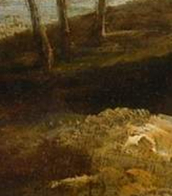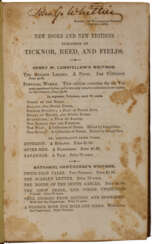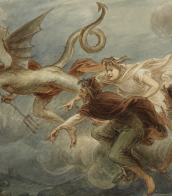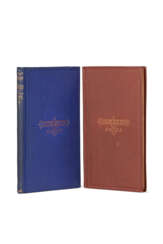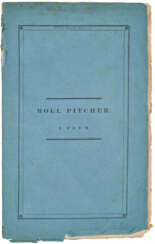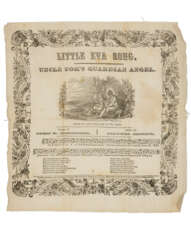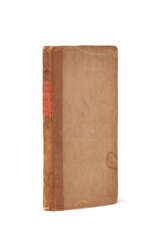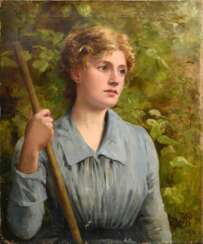john greenleaf whittier (1807 - 1892)
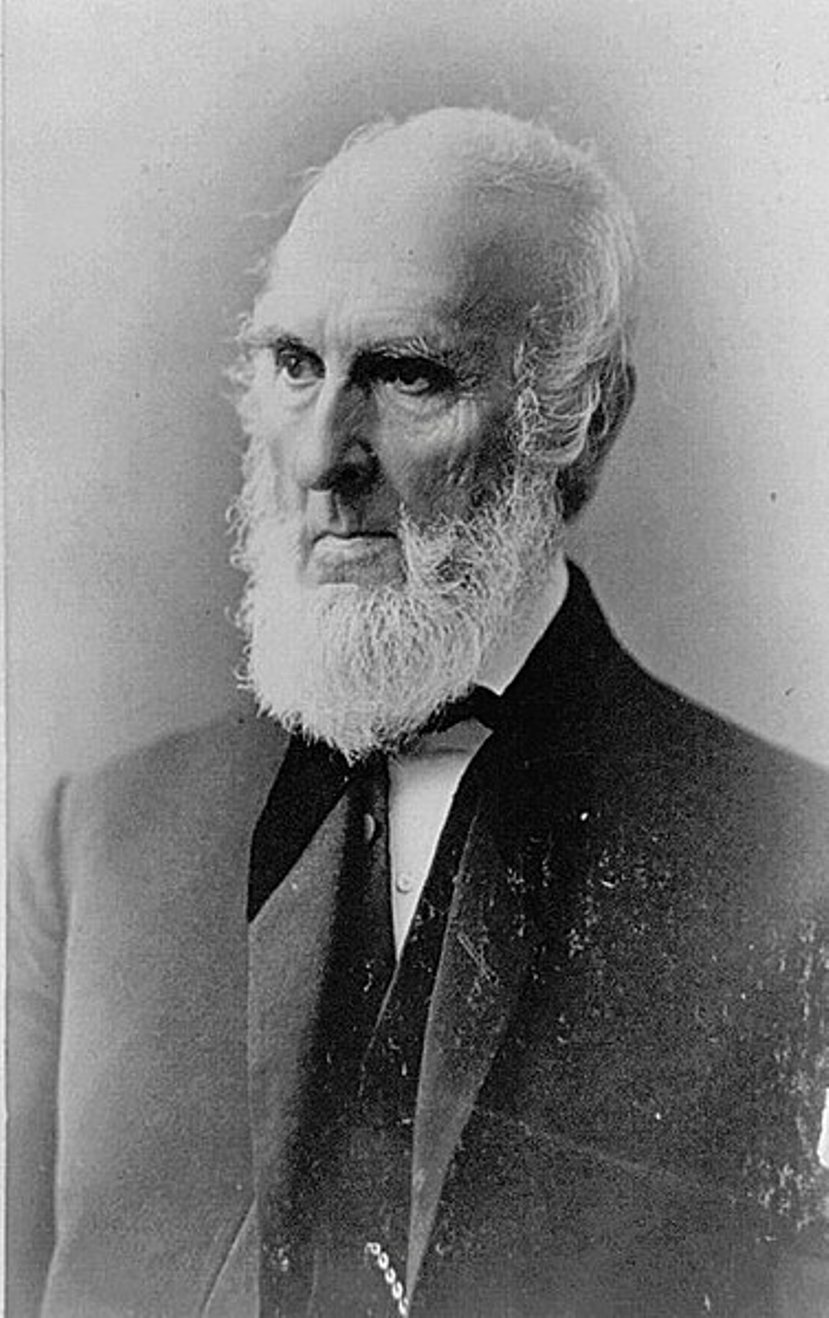
John Greenleaf Whittier was an American poet, essayist, and member of the American Anti-Slavery Society.
Whittier devoted 30 years of his life to the fight against slavery. Only after the Civil War, already at a mature age, he was finally able to engage in his favorite pastime - poetry. Past his fascination with Burns, Whittier became an eloquent advocate of justice, tolerance, and liberal humanism. He has been called "America's finest religious poet" for the high spiritual and moral values he extolled, and many of his poems are still sung as church hymns.
Whittier also wrote about the region's past, about life in New England before industrialization. In late nineteenth-century America, Whittier was second only to Henry Wadsworth Longfellow in popularity. His most famous poem, "Bound by Snow," was published in 1866. Whittier was also a longtime editor of the New England Weekly Review.
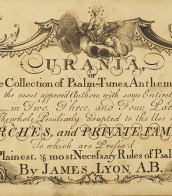

John Greenleaf Whittier was an American poet, essayist, and member of the American Anti-Slavery Society.
Whittier devoted 30 years of his life to the fight against slavery. Only after the Civil War, already at a mature age, he was finally able to engage in his favorite pastime - poetry. Past his fascination with Burns, Whittier became an eloquent advocate of justice, tolerance, and liberal humanism. He has been called "America's finest religious poet" for the high spiritual and moral values he extolled, and many of his poems are still sung as church hymns.
Whittier also wrote about the region's past, about life in New England before industrialization. In late nineteenth-century America, Whittier was second only to Henry Wadsworth Longfellow in popularity. His most famous poem, "Bound by Snow," was published in 1866. Whittier was also a longtime editor of the New England Weekly Review.


John Greenleaf Whittier was an American poet, essayist, and member of the American Anti-Slavery Society.
Whittier devoted 30 years of his life to the fight against slavery. Only after the Civil War, already at a mature age, he was finally able to engage in his favorite pastime - poetry. Past his fascination with Burns, Whittier became an eloquent advocate of justice, tolerance, and liberal humanism. He has been called "America's finest religious poet" for the high spiritual and moral values he extolled, and many of his poems are still sung as church hymns.
Whittier also wrote about the region's past, about life in New England before industrialization. In late nineteenth-century America, Whittier was second only to Henry Wadsworth Longfellow in popularity. His most famous poem, "Bound by Snow," was published in 1866. Whittier was also a longtime editor of the New England Weekly Review.


John Greenleaf Whittier was an American poet, essayist, and member of the American Anti-Slavery Society.
Whittier devoted 30 years of his life to the fight against slavery. Only after the Civil War, already at a mature age, he was finally able to engage in his favorite pastime - poetry. Past his fascination with Burns, Whittier became an eloquent advocate of justice, tolerance, and liberal humanism. He has been called "America's finest religious poet" for the high spiritual and moral values he extolled, and many of his poems are still sung as church hymns.
Whittier also wrote about the region's past, about life in New England before industrialization. In late nineteenth-century America, Whittier was second only to Henry Wadsworth Longfellow in popularity. His most famous poem, "Bound by Snow," was published in 1866. Whittier was also a longtime editor of the New England Weekly Review.
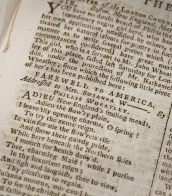

John Greenleaf Whittier was an American poet, essayist, and member of the American Anti-Slavery Society.
Whittier devoted 30 years of his life to the fight against slavery. Only after the Civil War, already at a mature age, he was finally able to engage in his favorite pastime - poetry. Past his fascination with Burns, Whittier became an eloquent advocate of justice, tolerance, and liberal humanism. He has been called "America's finest religious poet" for the high spiritual and moral values he extolled, and many of his poems are still sung as church hymns.
Whittier also wrote about the region's past, about life in New England before industrialization. In late nineteenth-century America, Whittier was second only to Henry Wadsworth Longfellow in popularity. His most famous poem, "Bound by Snow," was published in 1866. Whittier was also a longtime editor of the New England Weekly Review.

